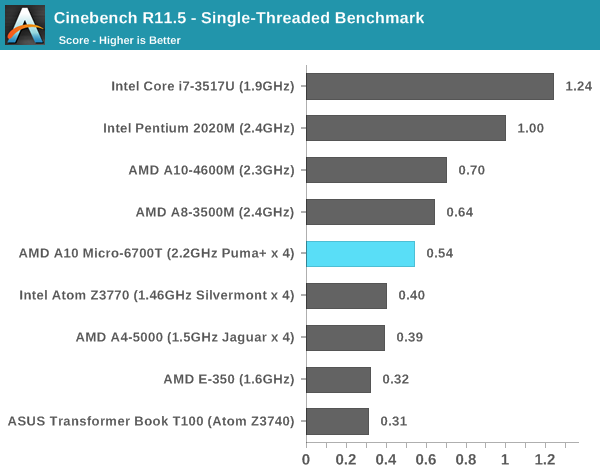coercitiv
Diamond Member
- Jan 24, 2014
- 7,502
- 17,935
- 136
In the case of Atom the program was supposed to be a short-term solution to BOM problems. It was so "short-term" that after running for 3 years, Intel still did not have a cost-effective platform. We could reasonably argue they were not seriously trying to introduce an alternative to ARM, they thought the pie was juicy and wanted their share based on whatever product stack was already in the pipeline. Be aggressive today, see if something can be built tomorrow.In principle, I would normally be against contra revenue. But in the case of Atom, it was beneficial to the consumer and fostered competition because they were trying to introduce an alternative to ARM.
I bought an Intel-based Android tablet and it was ok, but I also remember at the time some Atom based products were equivalently priced or even cheaper than budget category ARM powered devices. The contra revenue incentives were so strong that big OEMs like Asus were selling phones and tablets at prices close to no-name budget devices, effectively racing ARM to the bottom.
It was an odd thing to watch - we knew it wasn't fire, but it burned and made quite a bit of smoke.



